‘They’ve got something to say.’ Local filmmakers make their mark at Miami Film Festival
From a satire on petty Hialeah politics to a meditation on gentrification in Little Haiti to an homage for the Miami Shores woman who pioneered the selfie, more and more filmmakers are telling stories by Miami for Miami.
This year’s lineup for the 41st annual Miami Dade College’s Miami Film Festival, which runs from Friday to April 14, is the local film community’s largest springboard yet. A record number of about 40 locally made feature and short films appear in the festival’s program of more than 180 films from over 31 countries.
This year’s high inclusion of Miami filmmakers and buzz around local features marks a long-awaited shift in South Florida’s film scene.
“They’ve got something to say,” said James Woolley, the festival executive director, about local filmmakers. “They have a point of view. They’re really wanting to engage with the world right now.”
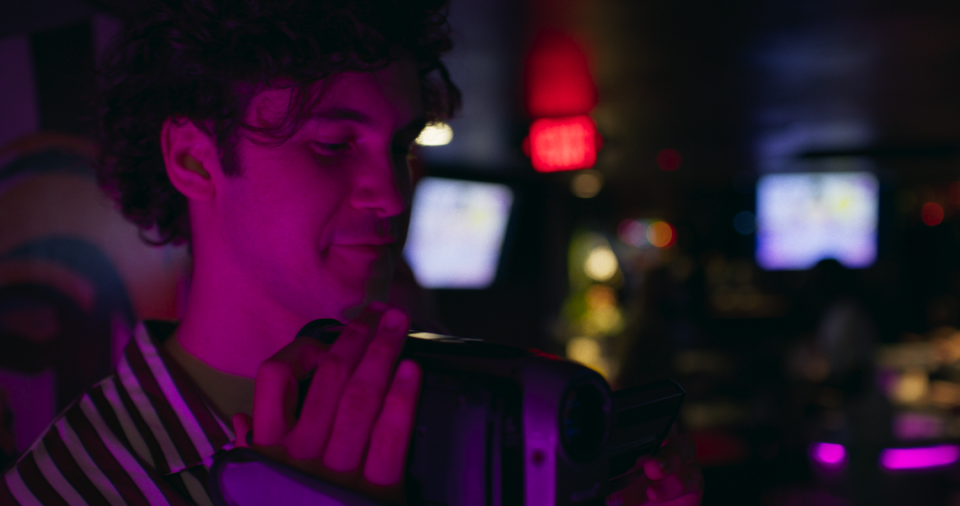
Among those filmmakers is Chris Molina. Years ago, he was the opposite of homesick. He was 20 and depressed after moving back home to Miami.
Miami can be a hard city to love, he said. It’s hot and humid. And the hurricanes. And the traffic. And the politics. And his sister moved into his old bedroom so he had to sleep on the floor. But over time, he learned to embrace his flawed, yet beautiful hometown, and he put those feelings into a screenplay.
He spent the next few years creating short films, working with the Miami Film Festival and bolstering the local filmmaking scene until he picked the idea up again. Now, at 28, Molina’s first feature length film “Fallen Fruit,” a semi-autobiographical tale about learning to love Miami, has its world premiere at the Miami Film Festival on Friday. Both screenings for the film sold out in two days.
“It’s a movie that was made very intentionally about and for Miami,” Molina said. “To have our first screening, our world premiere here, at home for the people who it’s intended for most and to sellout two screenings is really, really exciting.”
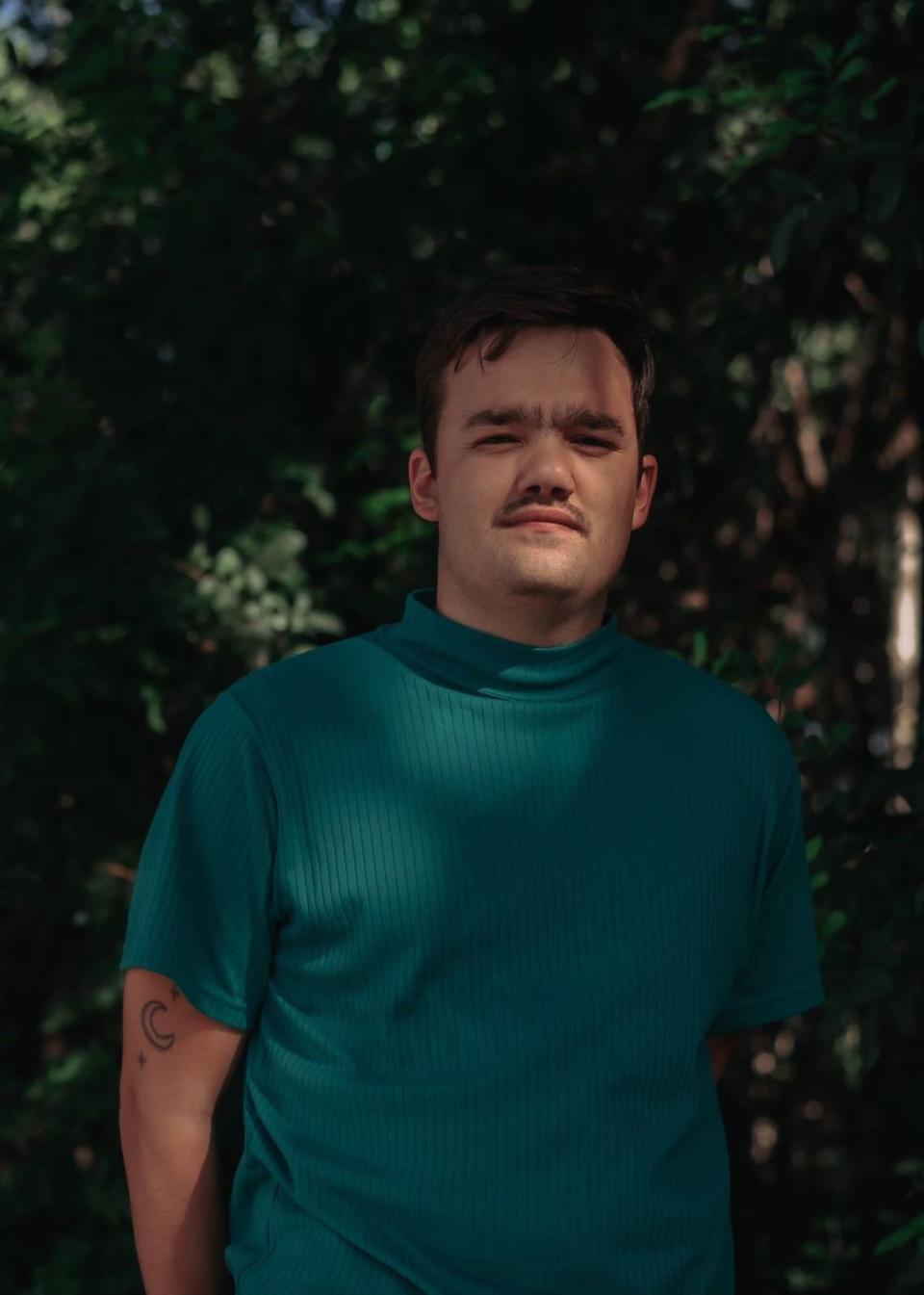
Buzz for Miami stories
Miami’s film scene is blossoming, and festivals across the country are taking notice.
Monica Sorelle, a Miami-based filmmaker, has earned several awards and glowing reviews for her feature-length directorial debut “Mountains,” which screens at the Miami Film Festival April 7. In February, Sorelle was recognized at the Film Independent Spirit Awards when she won the Someone To Watch Award along with a $25,000 grant. In the film, a demolition worker realizes his sites are inching closer and closer to his Little Haiti neighborhood.
“I’m just very interested in making Miami stories,” Sorelle said. “I hope with this award I can bring more eyes to Miami and the talent that we have here.”

Moviegoers are buzzing, too, especially for “Fallen Fruit.” The support from the community has been humbling, Molina said.
Molina, who has programmed the Miami Film Festival’s short film selection and founded his own LGBTQ short film festival, strongly believes in the community’s potential to do great things in cinema.
“When I talk about that, that’s meant for other people. I don’t say it with me in mind,” Molina said. “So, to have that proven with my own movie is really — I don’t know if earth shattering is the right phrase. It’s definitely mind boggling. It kind of feels like the multiverse or something.”
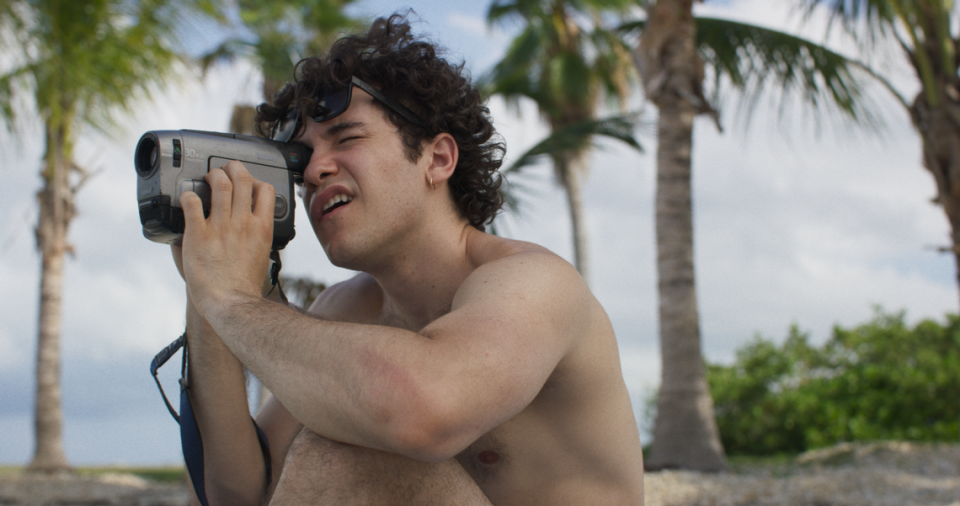
After the Miami-made “Moonlight” won best picture at the Oscars in 2017, Molina recalled a lot of chatter about how things will change for Miami film, though not much did at the time.
“Seeing people like Monica win awards and get recognized and seeing more feature films get made here and play at different festivals, maybe that does mean that, it took a little longer, but ‘Moonlight’ did have an impact,” he said. “It was like setting a timer. It took a couple years, but now the timer is going off, like exploding.”

Movies made in Miami get audiences excited, Woolley said. He credits the recent rise in local feature filmmaking with funding from arts organizations, particularly Oolite Arts’ Cinematic Arts Residency, which provides one Miami-based filmmaker $50,000 to create a feature. “Fallen Fruit” and “Mountains” were funded through the residency program.
In the future, he said, he hopes to see the film festival play a larger role in supporting local filmmakers as well.
“The quality of the work that they made from [the grants] is so high that we know we have the talent here,” Woolley said. “What we just need to continue doing is making sure people get access to actually fulfill their talents.”
‘The emphasis is on fun’
The goal for the Miami Film Festival is really quite simple, Woolley said. “Full cinemas.”
This year’s fest is the first with Woolley at the helm, following longtime executive director Jaie Laplante’s departure in 2022. As the festival continues to recuperate post-pandemic, Woolley said the programming is meant to attract as many people as possible with experiences they can’t get at home, like Q&A’s with film directors and celebrity appearances by Sheryl Lee Ralph of “Abbott Elementary” and Marvel’s Tom Hiddleston.

The festival is also diving into experimental presentations, namely with the immersive screening of “32 Sounds,” an Oscar short-listed documentary, at the Perez Art Museum Miami on April 6. During the screening, viewers will wear headphones while plays live music “that evoke memories from your past through sound,” Woolley said.
“It’s about getting people out and about, away from the couch and back into the cinemas as much as we can,” he said. “All in all, the emphasis is on fun.”
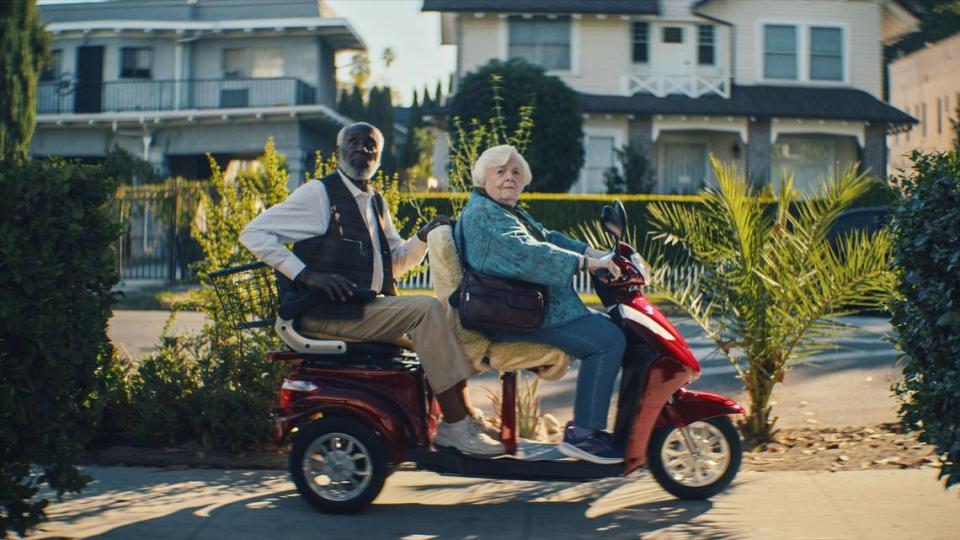
The program opens with “Thelma,” a comedy action flick about a 93-year-old grandmother who goes on a quest to get the $10,000 she lost to a phone scammer. The festival closes with “Ezra,” directed by Tony Goldwyn and starring Robert de Niro, Vera Farmiga, Whoopi Goldberg and Rainn Wilson. When divorced parents disagree on whether to put their autistic 11-year-old son Ezra in a specialized school, the father runs off with Ezra on a cross-country trip.
The festival, known for highlighting Latin American films, has a special selection of Cuban cinema. In “Los Frikis,” a film inspired by true events, punk bandmates living in 90s Cuba deliberately inject themselves with HIV to live at a government-run treatment home. “Seguridad,” a deeply personal documentary, follows award-winning Cuban-Canadian filmmaker Tamara Segura as she explores her estranged father’s troubled past and Cuba’s militarized system.
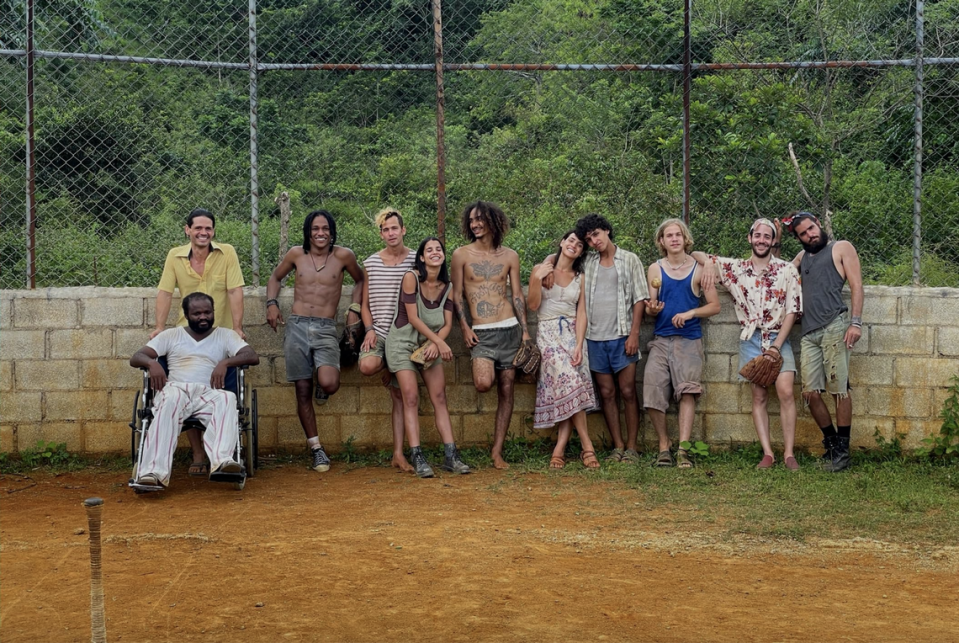
“We are so proud to have a lineup of films that will truly move audiences as we celebrate the very best in world cinema,” said Lauren Cohen, the director of programming.
Bombshells and satire
There certain stories in this world that are so absurd and so whimsical, they can only happen in Miami.
For filmmaker and art collector Dennis Scholl, the life of influential pin-up model-turned-photographer Bunny Yeager is that story. Who would’ve thought that the pioneer of the selfie, America’s bikini ambassador and Hugh Hefner’s favorite photographer started out as a 17-year-old girl in Miami who took up modeling to overcome her shyness?
Scholl teamed up with Miami’s own Kareem Tabsch to direct “Naked Ambition: Bunny Yeager,” a documentary 12 years in the making that chronicles the fabulous life and trailblazing career of a woman who rarely got the credit she deserved. The film includes interviews with the models she photographed, Dita Von Teese, Bruce Weber and the late Larry King.
Yeager, a beautiful photographer who took beautiful photos, was an unsung hero in womankind’s quest for freedom of expression, Scholl said.

“I knew it’d be a fun film to make, but I came away being really impressed with how how tough she was,” Scholl said. “How much grit she had and how hard she worked.”
Yeager still lived in Miami Shores when Scholl first approached her about doing a film. In 2014, just as the filmmakers were about to interview her, she was hospitalized and died at age 85. Despite the setbacks, Tabsch is happy to see audiences learn about the iconic photographer.
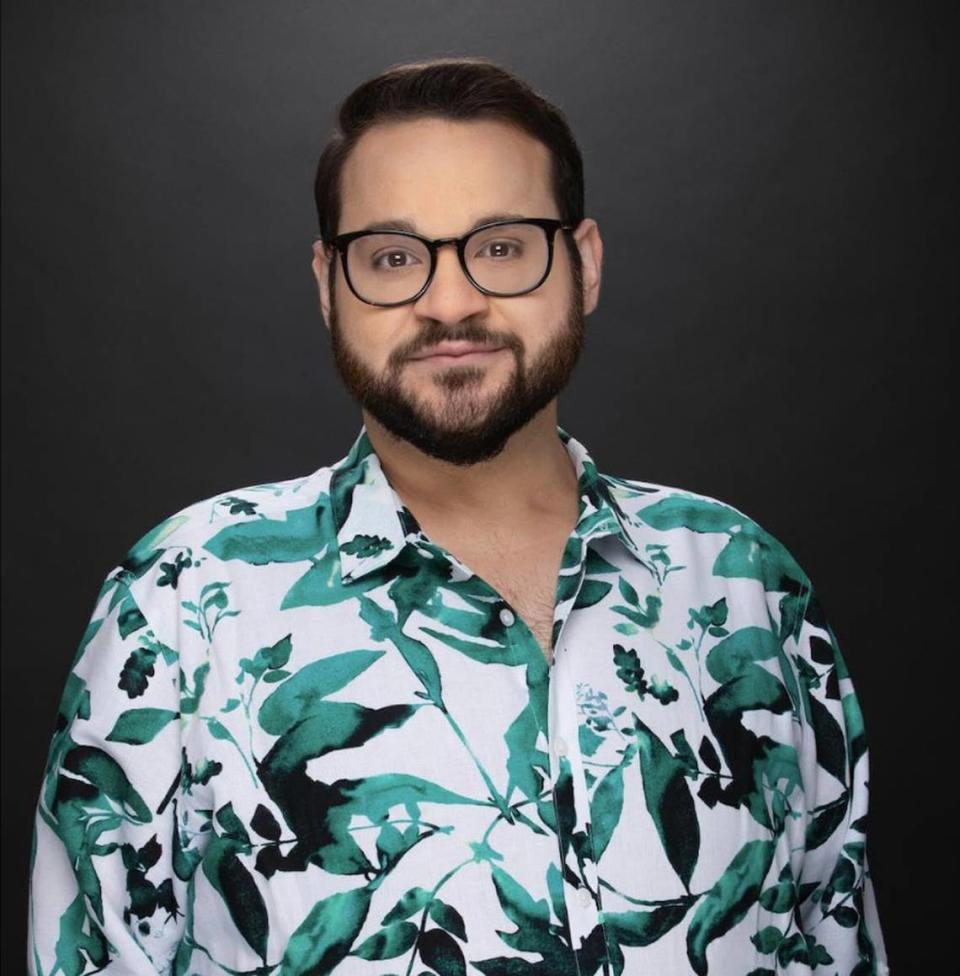
“For me, that’s the most rewarding thing,” Tabsch said. “Somebody who we have come to so greatly admire and who’s had such a significant influence on our culture is getting her due.”
Daniel Lago also finds filmmaking inspiration — and frustration — in his hometown of Hialeah. And he, too, faced challenges to get his satirical comedy done, but for very different reasons.
Lago’s bombastically named film, “A Communist Brainwashed My Daughter,” was made with “a chip on my shoulder,” he said. When he didn’t get the Oolite residency, he set out to create a feature film for under $50,000. He did it for under $6,000.
That meant that Lago did as much as humanly possible: the writing, directing, editing, lighting, cinematography, post-production. And he stars in the film as a science teacher who tries to get his apathetic middle school students to care about the environment. When an overworked Cuban father sees his daughter picking up trash, chaos ensues. (Hence the name.)
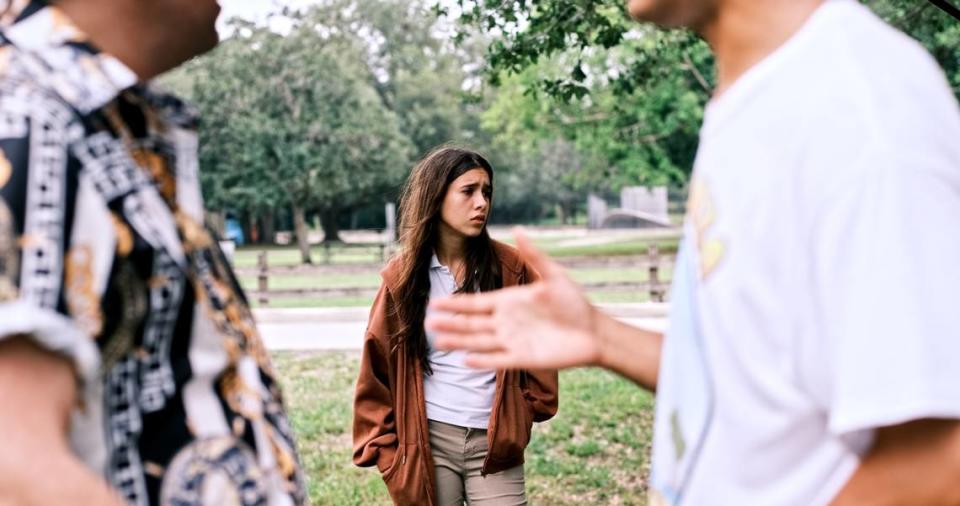
Manuel Delgadillo, one of the film’s producers, plays the student’s disgruntled dad. Lago’s charismatic father, Jose “El Acido” Lago, also stars in the film.
The end result was a world premiere at the Miami Film Festival, something Lago didn’t think was possible. He thought that a film that takes shots at Hialeah’s machismo, over-hyped environmentalists, middle school drama and brujeria would never fly at a major film festival. But it did.
“I’ve been making movies half my life,” he said. “If there’s ever a place for this movie to premiere, it’s the Miami Film Festival. That means the world to me.”
Miami Film Festival 2024
When: April 5-14
Where: Screenings will take place at Silverspot Cinema, the Adrienne Arsht Center’s Knight Concert Hall, Regal Cinema South Beach, Cosford Cinema, Coral Gables Art Cinema, the Miami Beach Bandshell, O Cinema South Beach and Pérez Art Museum Miami.
Info: Full schedule and tickets available online. https://miamifilmfestival.com/
This story was produced with financial support from individuals and Berkowitz Contemporary Arts in partnership with Journalism Funding Partners, as part of an independent journalism fellowship program. The Miami Herald maintains full editorial control of this work.

